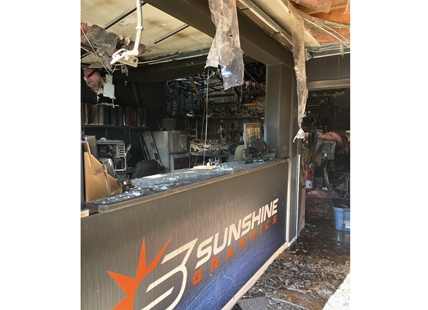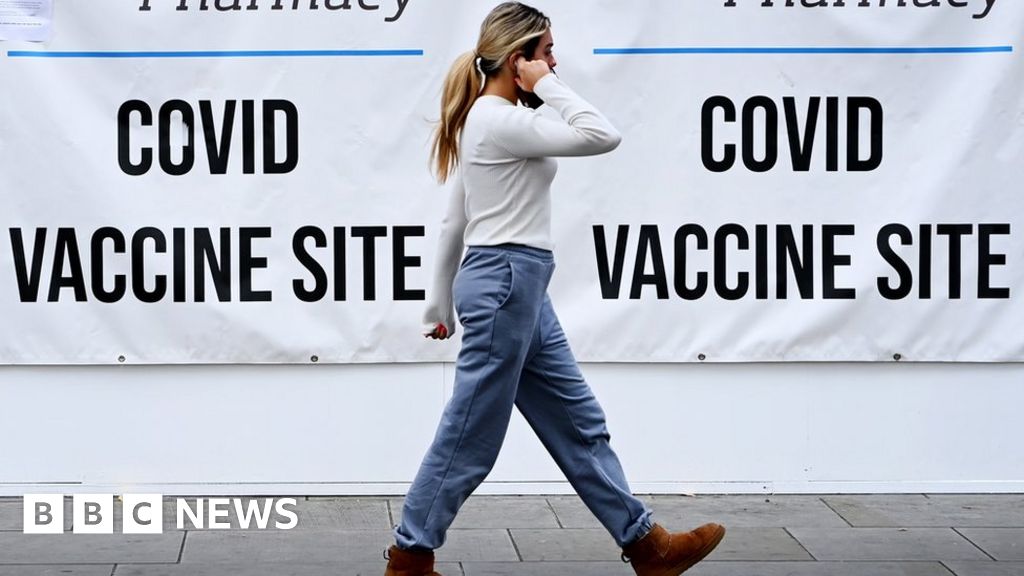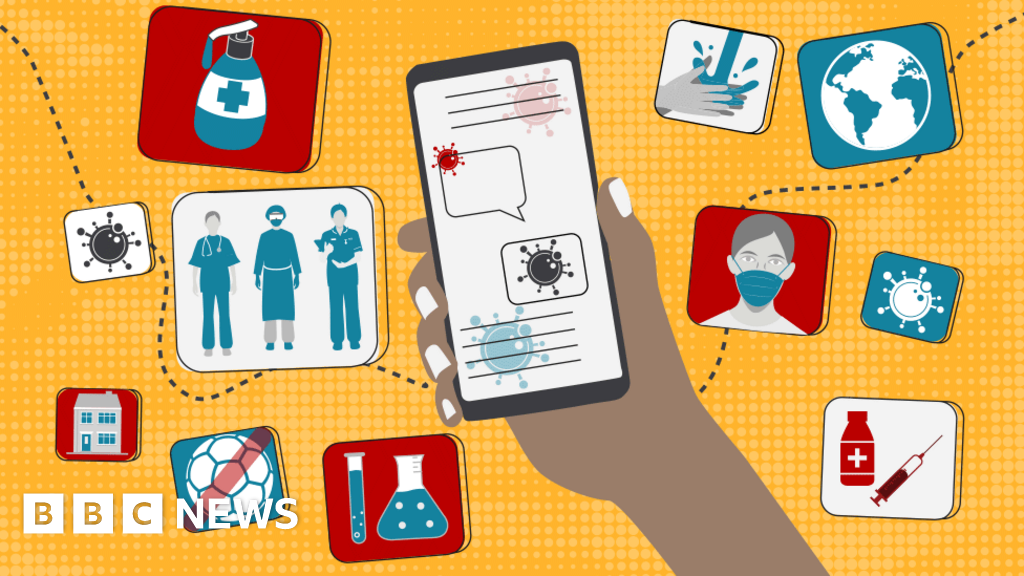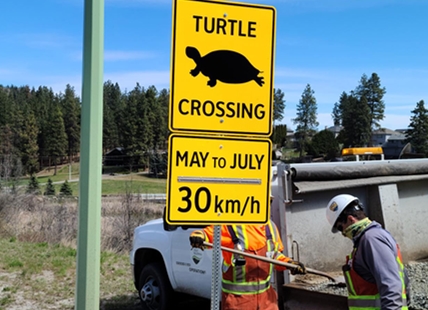THOMPSON: We're not out of COVID-19 pandemic woods yet, not by a long shot
OPINION Nearly two years into the worst pandemic in a century the world can take solace, we’re better prepared for the next major outbreak. Unfortunately, that isn’t true, not even close. In fact, according to the Global Health Security Index, which measures the capacities of 195...
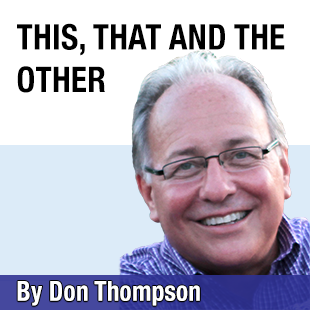
OPINION
Nearly two years into the worst pandemic in a century the world can take solace, we’re better prepared for the next major outbreak. Unfortunately, that isn’t true, not even close. In fact, according to the Global Health Security Index, which measures the capacities of 195 countries to prepare for pandemics, all 195 countries in the study remain “dangerously unprepared.”
The GHS Index, a project of the Nuclear Threat Initiative, Johns Hopkins Center for Health Security at the Bloomberg School of Public Health and think-tank Economist Impact, was first launched in October 2019. So, just months before the COVID-19 pandemic became a thing…the first GHS Index predicted that the world was not ready for the inevitable thing.
The Index - then and now - assesses countries across six categories…Prevention; Detection and Reporting; Rapid Response; Health Systems; Commitments to Improving National Capacity, Financing, and Global Norms; and Risk Environment. Visit the GHS Index website here for study details and methodology.
In a perfect world, the Index should stimulate political will and action worldwide to prioritize and address gaps between where countries are and where they need to be to best deal with pandemic and endemic threats. In a perfect world? That alone should scare the hell out of us.
The good news…if there is some…is that Canada ranks fourth overall among the 195 nations. Indeed, among the top ten nations, only Canada improved its position from the inaugural index in 2019. The U.S., Finland and Australia ranked first, second and third, respectively.
Quite frankly, the U.S. number one ranking has more to do with capabilities than actual ability to execute. The entire first year of the pandemic, the U.S. looked and acted like an over-confident Olympic basketball team loaded with NBA All-Stars…that showed up collectively drunk for the game. It’s a Pyrrhic victory at best to chant, “We’re Number One!” when 800,000 Americans have died.
Now, here are the facts behind the bad news, and then what has to happen before the next Index in 2023…and hopefully before an even worse virus infects the world.
Few countries have plans or have made the financial commitment to prevent the emergence or release of pathogens. It isn’t encouraging that - again, with the exception of Canada - the capabilities of most of the world’s countries didn’t change much from 2019.
One hundred fifty-five of the 195 countries have not allocated funds during the past three years to improve their capacity to address epidemic threats. Ninety countries have not fulfilled their full financial contribution to the World Health Organization; 14 of those countries are high-income countries. Canada has paid in full its annual assessment of nearly $14 Million.
One hundred thirty-five of the countries lack the human resources and health care facilities to handle the additional demands arising from a pandemic.
Only 33 countries have an emergency preparedness and response plan in place that considers vulnerable segments of populations…minorities and children, for example. One hundred forty-nine of the 195 countries do not have communications plans and the technologies to communicate efficiently with citizens.
Just 126 countries have a national public health emergency response plan for diseases with epidemic or pandemic potential.
Enough of the bad news…even though that’s not all of it. What are countries going to do to ready for the next pandemic? And what if it’s an even more transmissible and deadly virus?
A lot of decisions in almost all countries were based as much on political considerations as public health during the current COVID-19 pandemic. Every country was so woefully unprepared for even simple things - a supply of N-95 and KN-95 masks and other Personal Protective Equipment - that the public had to endure lies to ensure that health care workers had a ready supply to do their jobs.
Hey, no complaints…the doctors and nurses deserve the best. But still, the public was told you didn’t need better masks…not true. We all would have benefitted from them. We just didn’t have them. Why not? We’re never short of weapons…fighter jets, missiles, war ships.
Then, of course, we have the ignorant masses of anti-maskers and anti-vaxxers and cult-like conspiracy believers. Sorry if you don’t think folks should be shamed…we’ll agree to disagree…because these folks helped kill hundreds of thousands of people unnecessarily...and continue to do so.
In matters of massive threats to public health even democracies need to suspend some individual rights temporarily. And let’s be clear, there is no inalienable individual right of choice in public health matters. You might not love your neighbour or even grandma or grandpa, but you have no right to recklessly endanger them - and certainly no right to kill them.
We’re not out of the woods with the current pandemic…by a long shot. Thousands of people are dying every day. And until we care about others in big enough numbers - and government leaders worldwide act in the interests of those they allegedly serve - a future pandemic might make us long for the good ole days of COVID-19…when we only lost 6 million people in two years.
— Don Thompson, an American awaiting Canadian citizenship, lives in Vernon and in Florida. In a career that spans more than 40 years, Don has been a working journalist, a speechwriter and the CEO of an advertising and public relations firm. A passionate and compassionate man, he loves the written word as much as fine dinners with great wines.
We welcome your comments and opinions on our stories but play nice. We won't censor or delete comments unless they contain off-topic statements or links, unnecessary vulgarity, false facts, spam or obviously fake profiles. If you have any concerns about what you see in comments, email the editor.

 Valandos
Valandos 







